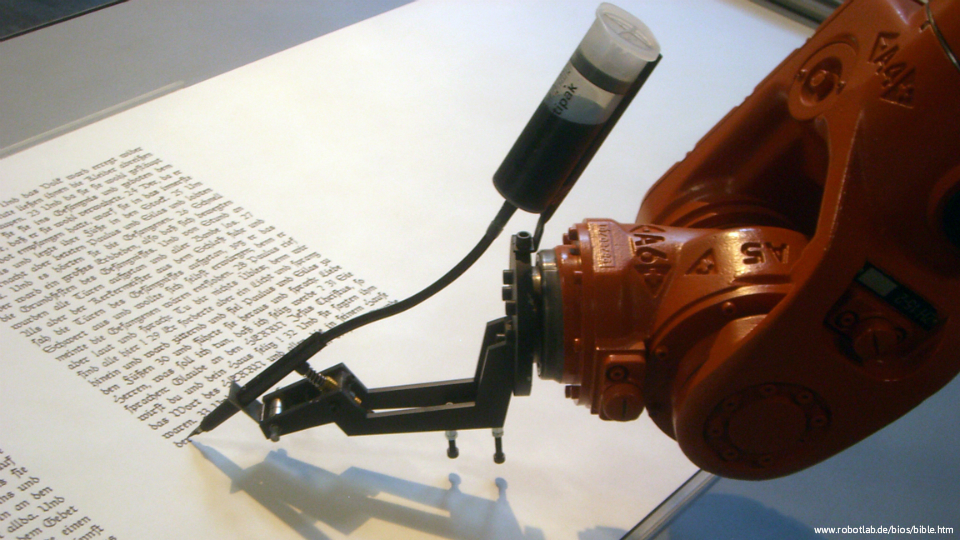ADVERTISEMENT
Filtered By: Scitech
SciTech
Why creative writing has a place in science

Who says science and the arts can't go hand in hand?
Scientists may even beat creative writers at their own game due to a "killer work ethic" and the lack of a so-called publication angst, Irish writer and novelist Aifric Campbell wrote.
"It was the interdisciplinary challenge that intrigued me, but I’ll admit to being (skeptical) about the students’ writing potential. So I was delighted to be proved wrong: their writing is easily as good – and often better – than that of creative writing students I have taught elsewhere, including at the University of East Anglia. And my external assessors – also writers who teach and hold PhDs from UEA – agree," she said in an article posted on UK's The Guardian.
Campbell has been teaching creative writing to students in science, technology, engineering and medicine at Imperial who can take humanities options for credit.
She cited the case of electrical engineer Chris Winchurch, who took her class and "hates" the perception that scientists and engineers struggle with any arts subject.
According to Campbell, most AAA/A*A*A* undergraduates at the world’s second-ranked university who abandoned formal humanities at 16, are "eager to explore their potential and to resolve a certain tension between their artistic and scientific interests."
Three rules
Campbell said she gave her students three rules: observe the world; read attentively; get black on white.
On the first day the furniture was rearranged, with students in science, technology, engineering and maths (STEM) often finding the first time they sit face-to-face to discuss ideas and peer review.
"Their communication skills need liberating, their critical vocabulary is underdeveloped. Farah Shair (biochemistry) tells me the first homework on character felt like 'reaching inside my brain to find a part that hasn’t been used for so long,'” she said.
Another student, Chris, admitted it was “a lot harder" than he anticipated to switch from modules with correct answers and rigid methodologies "into a much more subtle and subjective world," but added that in the end, "it was the highlight of my week.”
Campbell said that during the year of reading and writing and observing, students learn to tolerate uncertainty in process and outcome, embrace risk and practice humility.
"They do not fall fatally in love with their work and will abandon experimental dead ends. Their killer work ethic sustains them through the endless revision that is essential to good writing," she said.
Also, she quoted Laura Fish, an external examiner for the course and senior lecturer in creative writing at Northumbria, as saying they are “technically and creatively ambitious.”
“Inventive risk-takers who look at story and subvert,” added playwright and fiction writer Laura Bridgeman, a moderator for the course who taught creative writing at four UK universities.
They are also interested in writing that will engage a reader, she added.
Publication isn't the point
Campbell said what could be the group's biggest advantage is that Imperial's students are not obsessed with publication as an end goal.
"This makes them particularly exciting to teach, since they are completely absorbed in the creative process and spared the torment that afflicts so many students on creative writing degrees," she said.
Also, STEM students discover unexpected synergies between their scientific and artistic talents, she said.
"And isn’t this precisely what we would all wish for our scientists, engineers, technologists and doctors – that the men and women who build, design, code, fix and shape our world are enriched by their exploration of our human condition?" she said. — Joel Locsin/TJD, GMA News
More Videos
Most Popular




